Google’s relative success with its Pixel smartphones in recent years has undoubtedly helped bring public awareness to its hardware ecosystem – after all the company does own Android, and has shaped the hugely-popular mobile OS into what it is today.
On the other hand, Samsung has spent the past decade or so building up its own Galaxy brand, with a prestige that most competitors can only dream of. Ask an “average” consumer about Android, and chances are they’ll correlate the brand with Samsung.
With the launch of the Galaxy S24 series phones, the spotlight is once again on Samsung’s flagships, which throughout the years have received consistently positive reviews. One could even say that Samsung has become synonymous with Android as a whole, even exceeding Google’s status as the “default” face of the platform. But is that really the case?
READ: Here’s Where You can Watch the Samsung Galaxy S24 Launch Event
Global Reach
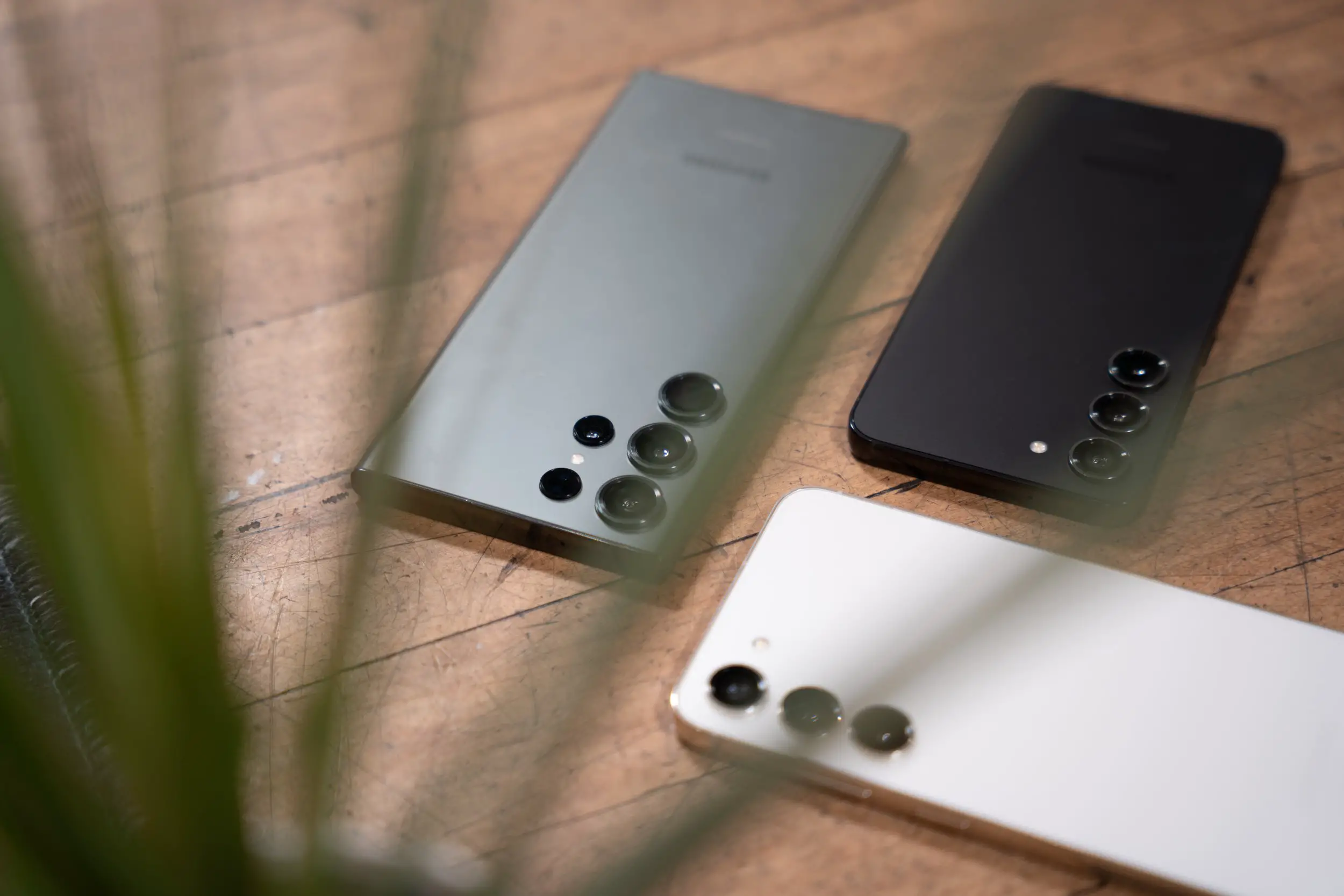
Numbers don’t lie – as far as sales figures go, Samsung remains at the top of the Android pecking order. While it might have been overtaken by Apple in recent times, the fact remains that Samsung phones are among the best-selling Android devices worldwide, thanks to their availability and Samsung’s huge marketing push in promoting its hardware – just this year, the South Korean manufacturer managed to sell 226.6 million smartphones overall.
… just this year, the South Korean manufacturer managed to sell 226.6 million smartphones overall.
By comparison, Google has decided to focus selling its Pixel phones in limited regions, including the United States, United Kingdom, as well as select markets in Europe and Asia Pacific, for example. While Pixel sales numbers have started to improve thanks to devices like the Pixel 6, 7 and 8, there’s still a ways to go before Google can contend with Samsung’s hugely-profitable Android brand.
The Definitive Form of Android
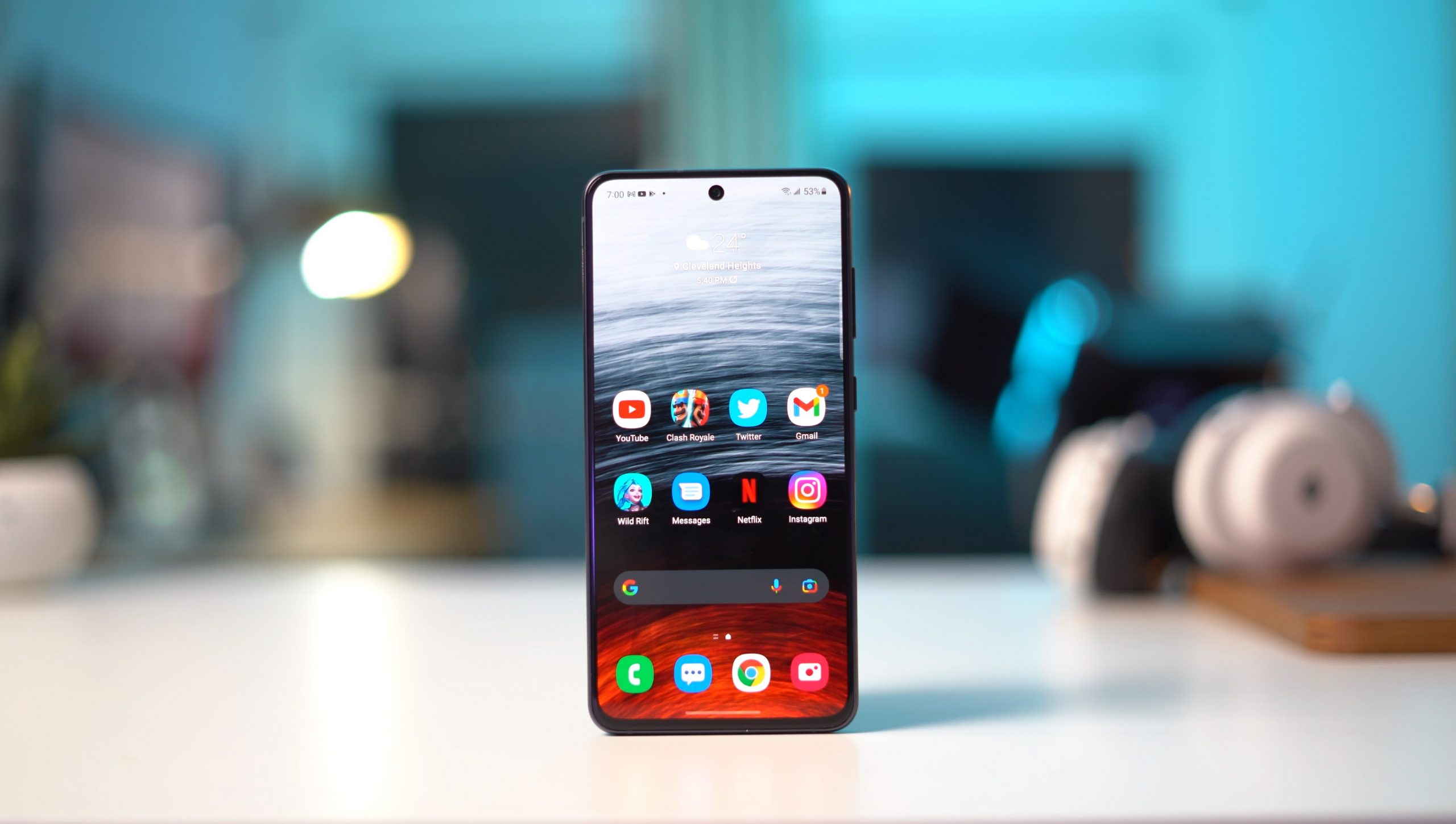
Perhaps this next point of discussion is a more subjective take, but it’s one that’s always been a topic of contention among Android enthusiasts. While more people might associate the Android platform with Samsung and One UI, the fact remains that Google’s own vision for Android on its devices remains a more streamlined and efficient experience.
That’s not to say that Samsung’s take on Android is terrible, as some people might prefer the wealth of customization options and software features that Samsung packs into its phones. However, this does result in a user experience that for all intents and purposes presents Android as this heavily-altered platform.
For example, Samsung really felt the need to develop its own apps in addition to pre-existing ones on the base version of Android; as a result, we end up with two file manager apps, two messaging apps, two different app stores, and so on. That’s not counting the plethora of options buried under layers and layers of settings menus, and animation-heavy visual effects that sometimes affect a user’s perception of how smoothly their device works.
By comparison, the “Pixel experience” is a cleaner approach to Android, giving users the functions they need and straight to the point – a “palate cleanser” if you will. It’s just your phone, and all the core apps which make up all the relevant essentials. No pre-installed third-party apps, no excessive visual elements to slow down the interface; it’s Android as Google intended.
Samsung is fighting back though, as the new Galaxy S24 series phones are tailored to improve user experiences thanks to assistive AI features, which work similarly to Google’s approach. In a way, the big G no longer has monopoly over AI-integrated features.
User Experience
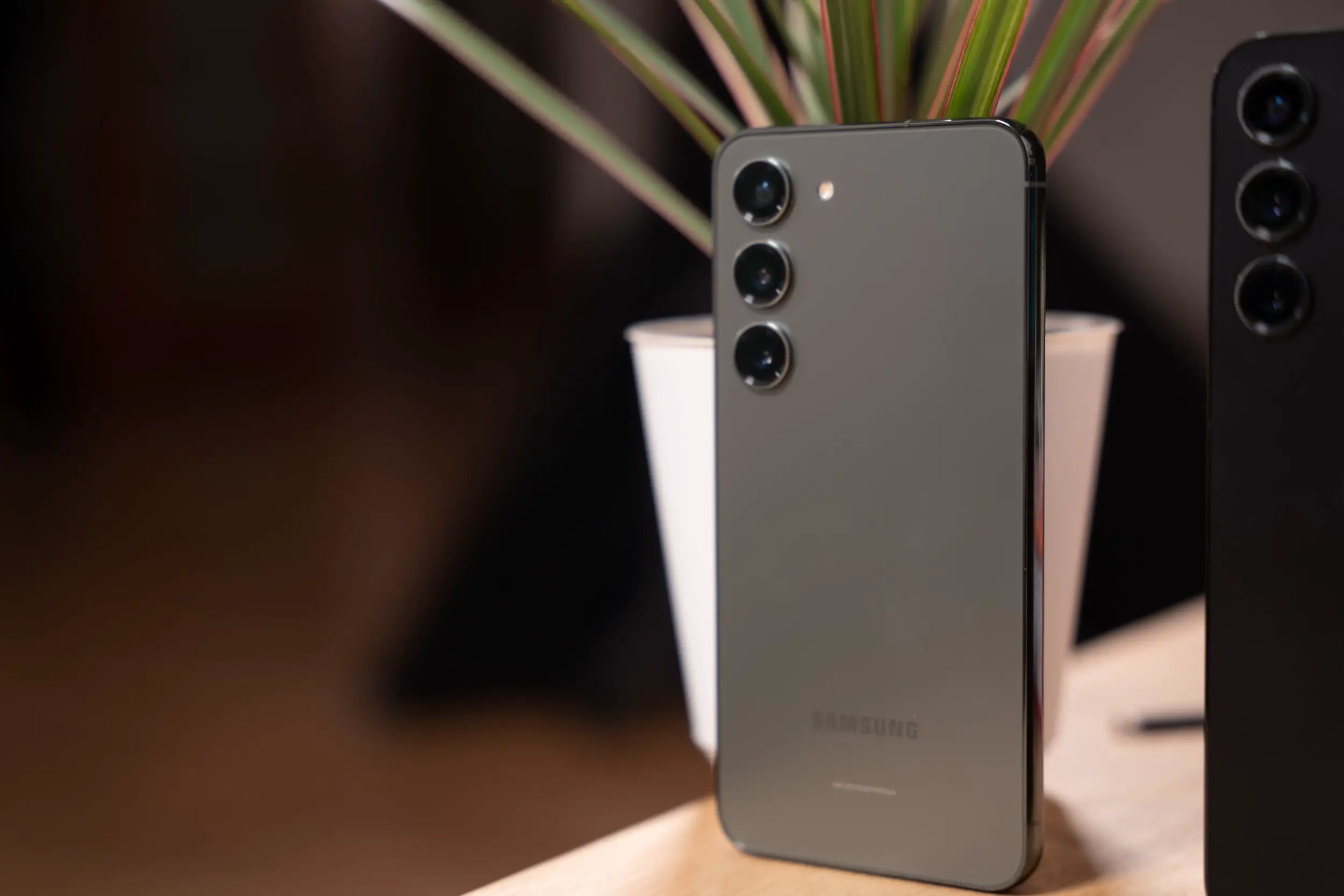
Here’s where things get a little trickier – in terms of flagship devices, Samsung’s S-series phones are among the top players in the industry especially when it comes to raw power and performance, often outshining even the most premium Pixel phones out there.
A large part of this is thanks to chips like the new Snapdragon 8 Gen 3, which manages to trump even Samsung’s own Exynos SoCs. In a way, you could say that any Samsung flagship will effortlessly run circles around Google’s own offerings, and on paper this usually seems to be the case, especially in factors such as thermal management, battery endurance, and such.
![]()
There are certain factors to consider however – for example, a majority of Samsung’s smartphone sales are in part thanks to its A-series line of devices, which are more affordable albeit at the cost of device performance, camera quality, and such. This wouldn’t be a problem for casual users, as it does provide them with a means to access their favourite Android apps for a fraction of the price.
On the other hand, it does mean that a lot of Samsung users aren’t getting the best of what could have been a terrific Android experience. By comparison, Pixel devices (regardless of price) offer a ton of useful features sans bloat, a performance level that’s reasonably smooth, and outstanding photo quality, to name a few. It’s not a perfect experience (given the number of complaints online), but as far as smartphones go, you’re getting a mostly uniform experience with a Google smartphone.
A Matter of Perspective
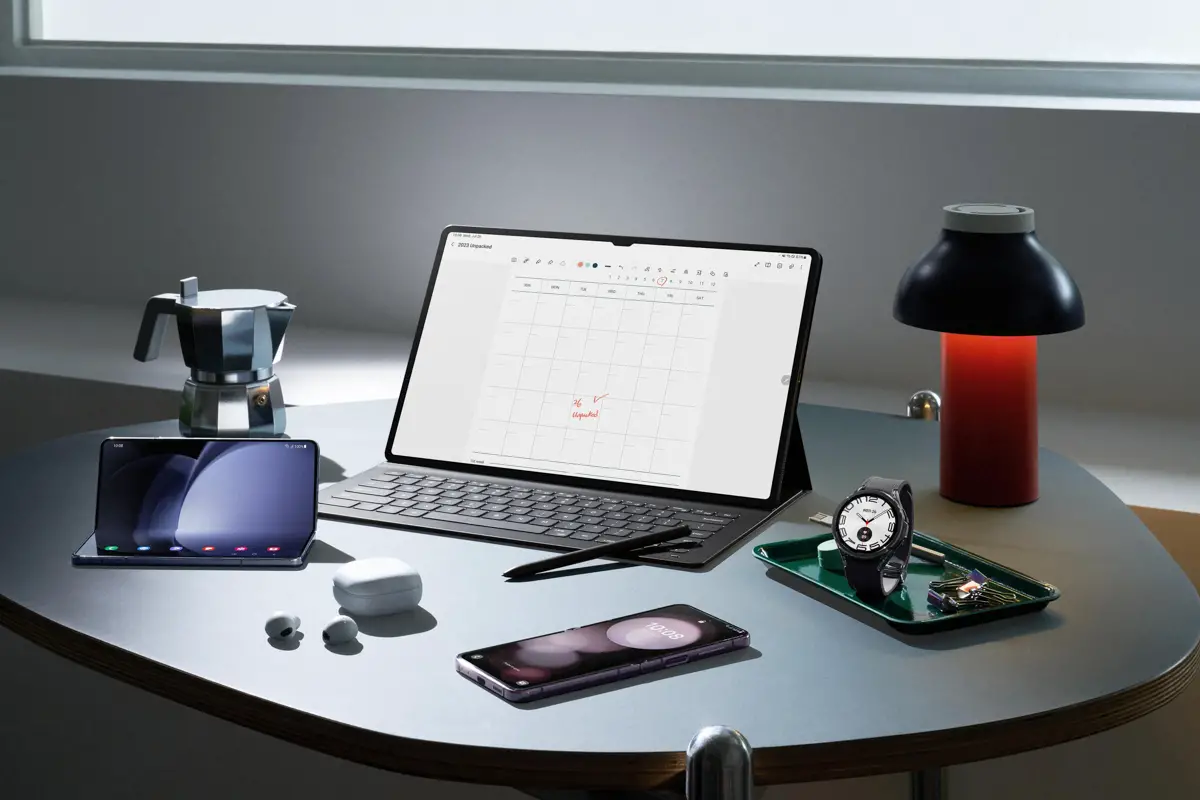
At the end of the day however, it remains a purely subjective matter – Samsung loyalists will say that their favourite brand is the true face of Android, while diehard Pixel fans will argue that Google’s approach to smartphone hardware is the definitive representation of the OS. Personally I do prefer Pixel devices, but it would be foolish of me to dismiss what Samsung has been able to achieve with Android over the years.
Personally I do prefer Pixel devices, but it would be foolish of me to dismiss what Samsung has been able to achieve with Android over the years.
Of course at this point a lot of smartphone buyers will know Android via Samsung, and if the popularity of the S24 phone is any indicator, then Samsung has little to worry about. There’s nothing wrong with that of course – all it shows is that competition in the Android space is alive and well, and that the future of the platform is in very capable hands, regardless of which brand they may belong to.

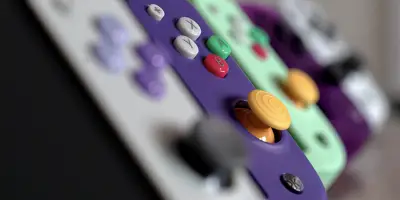

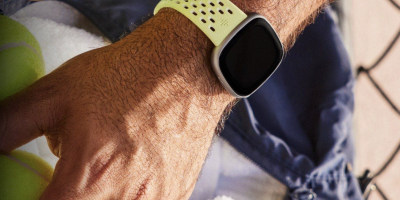
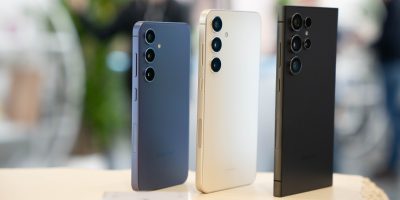
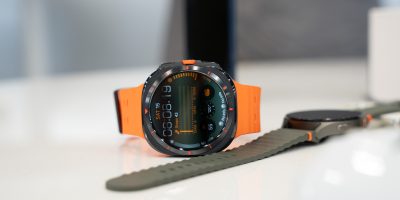




Comments